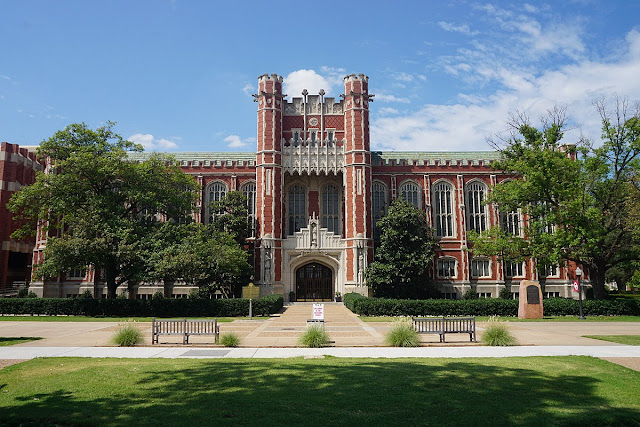Reading Notes: Folklore of Laos, Part A
The Spirit-Guarded Cave from this unit was actually one of the stories that I noticed on the very first week during one of the assignments where we explored the textbook. It's also one of the stories that I'm going to retell in my final storybook! I feel like because storytelling typically only involves one point of view, it's common for the storyteller to perceive themselves as the hero or heroine of the story and any "fault" or wrongdoing in the story to escalate the plot to be done by other characters. Essentially, humans are more individualistic and selfish by nature, especially in western cultures. I don't think it's necessarily wrong, but this is just an observation I've made it literature; the main character rarely assumes blame. For this reason, I expected this story to portray the humans as "wronged" and villainize the spirit. However, I was pleasantly surprised by the twist in this plot, which portrayed it the other way around. The humans' downfall was caused by their own greed, which I feel is a more accurate representation of the relationship between humans and nature.
I always thought it was interesting how humans have found a way to villainize nature (with spirits being a force of nature it this case). We boast of our superiority in the world because we are biologically more complex, with problem solving and decision making abilities. If this is the case, wouldn't the state of the world be of our own doing? I always believed nature to be a neutral entity, not for or against us, but simply trying to maintain balance. I don't believe that we are solely at fault for the progression of the world either since humans are also forces of nature, but it would be ignorant to deny blame. If anything, many of the environmental issues that we have today are our own fault, and the world's current state is simply its way of adapting.


Comments
Post a Comment